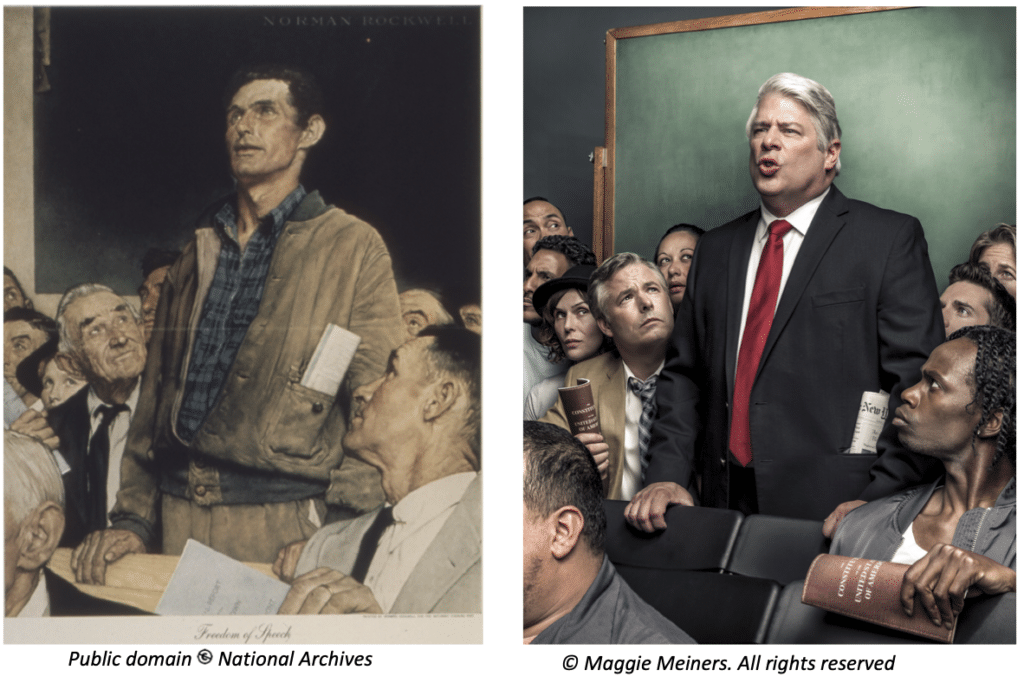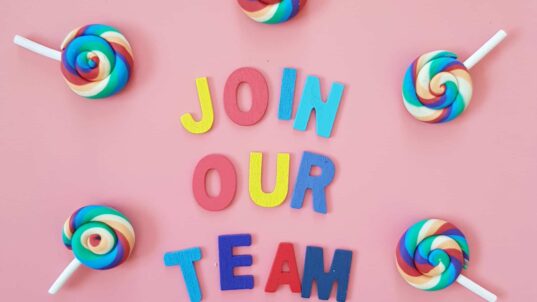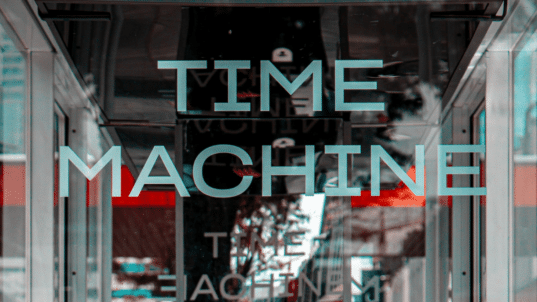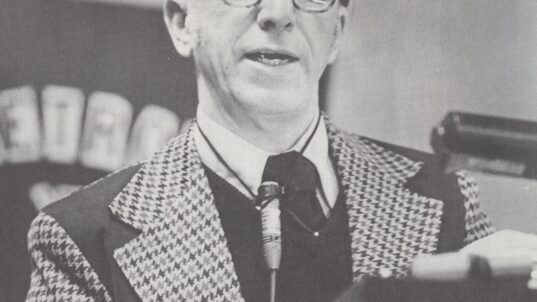
Freedom of Speech, by Norman Rockwell and Maggie Meiners
Freedom lies at the heart of democracy, but what does it mean?
We launched our new four-part exploratory conversation series, Four Freedoms: The Spirit of Democracy Today and Tomorrow, with a collaborative conversation about freedom of speech. What does freedom of speech mean to you? What could it mean? What challenges do we face as a democratic society in relation to free speech? You’ll find a summary of some of the ideas we explored below.
Interested in a collaborative conversation about the meaning of freedom? Please register and join our upcoming exploration of the freedom of worship on May 11 at 1pm ET (you can read more about the series and register for all the coming sessions at the link). What does the freedom of worship mean to you? What challenges do you see for this democratic value in a diverse democratic society? How does it relate to other values that are essential for a healthy democracy? We’ll help each other to explore these questions and more in our next community conversation.
What does, or could, the freedom of speech mean?
- Freedom of speech is about being able to learn from, and with each, other through open communication
- Freedom of speech is about learning to govern yourself, learning to moderate how you express yourself in different situations, and learning to listen, to open yourself to new ideas
- Freedom of speech is inseparable from responsibility for speech–there has to be a balance between the two, where you take into account how your communication will be received
- Speech implies an audience, otherwise there is no communication, so free speech isn’t just about the speaker or what is said–it’s also about who can hear and how they receive the message
- Freedom of speech is about sharing information or ideas needed to improve our society
- Freedom of speech is essential for the work of joining together with others in order to govern our society as a democracy
- Freedom of speech is essential for exposing problems in governance and working to improve it
- Freedom of speech can mean saying whatever you want, even if it’s misinforming, brainwashing, or attacking others
- How do recent experiences of speech leading to political violence impact our beliefs about free speech?
- Freedom of speech can be a brawl, focused on controversy and on causing disruption
- Freedom of speech can be the freedom to vent, to say hateful things, or to offend
- Freedom of speech can be symbolic expressions, like protests or spending money
- What about when these protests turn violent or when money corrodes our democracy (buying influence through campaign donations)?
- Free speech can be bottom-up expressions of the wisdom of the people rising up to improve society
- Free speech can be top-down expressions of the powerful used to stir controversy or to assert dominance over others
- Free speech can be a way to overwhelm the system with a glut of misinformation in order to brainwash or confuse people
What are the challenges facing freedom of speech?
- Who gets freedom of speech and who gets to decide this? Who or what limits free speech?
- Ideally, individuals should govern themselves in what and how they communicate in a way that’s responsible for the effects of their communication
- The more people speak irresponsibly or without integrity, the more desire there is to limit or control free speech
- Freedom of speech can be limited by governmental power
- Technically, the US government can’t limit what we say–but that’s not true if our words cause direct harm (like yelling “fire” in a movie theater), or if they violate community standards (pornography, obscenities), etc.
- In non-democratic nations there are greater limits from the government on free speech
- Other western democracies draw tighter limits on free speech, especially on hate speech
- What are the effects of our allowing so much hate speech in the US?
- Fascism is rising again at home and abroad within democracies–and it uses the freedom of speech within democracies to undo democracy and eventually undo the freedom of speech
- If we don’t understand this danger, we are likely to repeat history and let fascism grow, even here in the US
- Freedom of speech is limited by economic power–by employers and by corporations that control the means of communication
- The US courts ruling that “money is speech” means that the wealthier you are, the fewer limits you have on your speech, which is problematic in a diverse democratic society oriented around the ideal of equality
- Freedom of speech is limited by social power
- Dominant groups limit what others can say, which is problematic in a diverse democratic society oriented around the ideal of equality
- Hate speech is used to discriminate against people and keep groups in their place in a hierarchy of status
- Can hate speech really be countered by dialogue? Dialogue depends on the two parties believing in the goodness of each other and being willing to engage
- Social norms or community standards limit free speech
- Within a group, you can risk some sort of social sanction for disagreeing, which is a high cost
- Many of our views are based on our membership in social groups
- As groups polarize, they lose the ability to communicate effectively with one another
- Rigid social norms for speech can lead to issues like political correctness, conformism, and self-censoring
- Loose social norms can lead to problems with slurs, crudeness, or incivility
- Freedom of speech is limited by the means of communication, by the media, which impacts what is heard and who hears it
- News media is often geared toward conflict, promoting controversy and misinformation to engage the audience or assuage the powerful
- People repeat and mimic the kind of speech they hear in the media (language can get cruder)
- Social media can help free speech by expanding who gets to speak
- Social media can hurt free speech by spreading low-quality communications or misinformation
- Social media represent a privatized public square, which means private corporations are setting the limits for free speech
- Who has access and who controls access to the forums for free speech?
- Free speech is limited by the capacity for it to be heard or received–if the system is overloaded, especially with misinformation, then it’s harder for anything to be heard
- If bad speech (falsehoods, hate speech, etc.) limits or overwhelms good speech, how do we separate the good from the bad, the true from the false, and preserve genuine freedom of speech?
- Education is essential for exercising free speech effectively
- People need to learn to gather information, evaluate information, and to reason effectively
- People need to learn to speak up, to participate, and to exercise freedom of speech effectively and responsibly
- Who is responsible for educating people for freedom of speech (families, schools, communities)?
- How do we develop the appropriate values for people to self-govern their free speech?
- Schools are
- Places for students to learn to exercise free speech responsibly
- Places to control students and limit their free speech
- Places for battles over free speech and over what can be said or learned in schools
- What does free speech look like in the future?
- What new public forums for free speech might emerge?
- What role will new technologies play in shaping freedom of speech?
- How will private corporations and the growing privatization of public forums impact freedom of speech?
- How will the current destructive trend toward simplistic individualism (“no one can tell me anything!”) impact genuine freedom of speech, which depends on the ability to listen to others and learn from them?
- How might freedom of speech evolve with the growing divide in society around education and knowledge?



